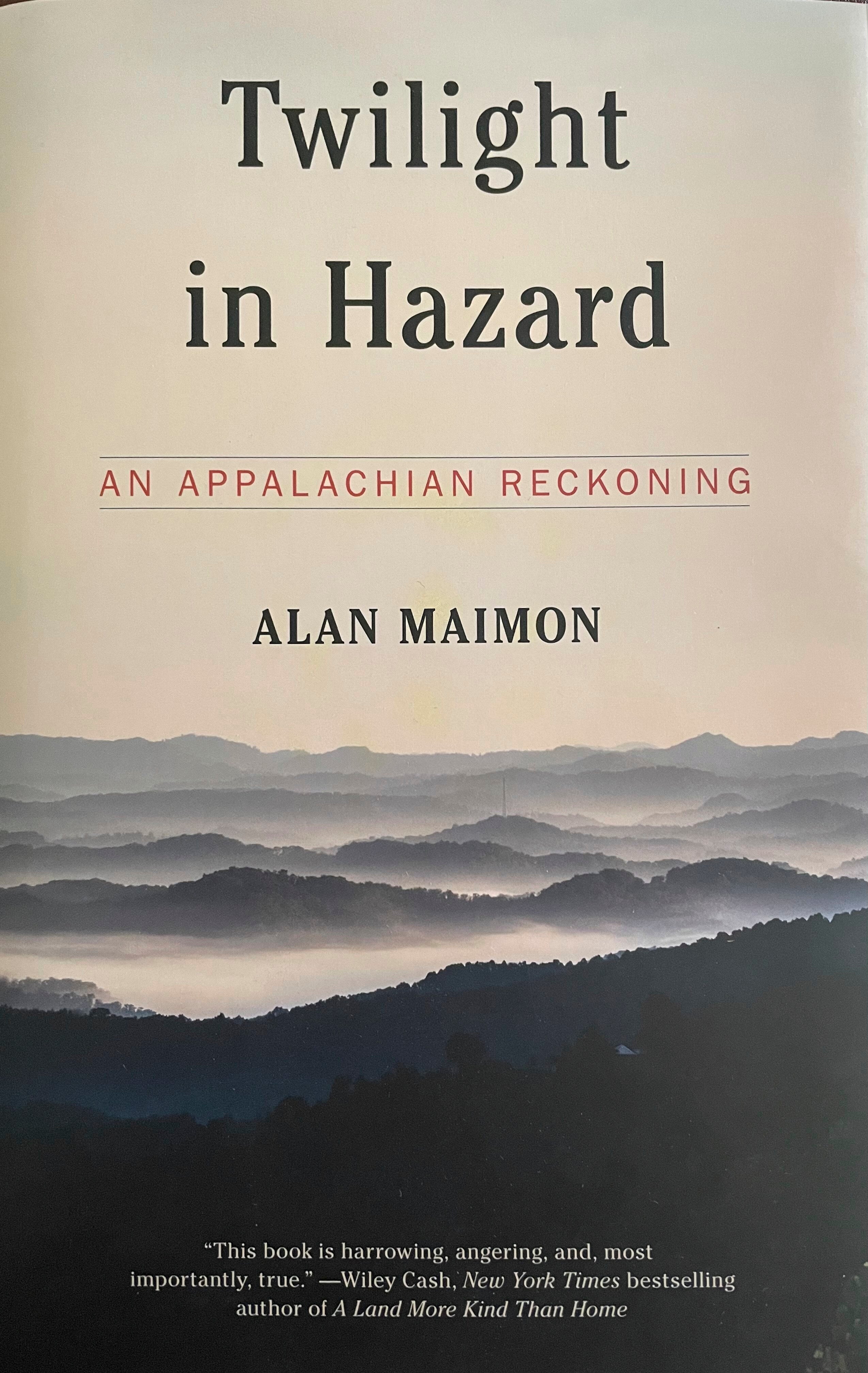Review: Journalist brings rare nuance to take on Appalachia
A journalist's new book about Appalachia brings rare sensitivity to an often misunderstood subject

Your support helps us to tell the story
From reproductive rights to climate change to Big Tech, The Independent is on the ground when the story is developing. Whether it's investigating the financials of Elon Musk's pro-Trump PAC or producing our latest documentary, 'The A Word', which shines a light on the American women fighting for reproductive rights, we know how important it is to parse out the facts from the messaging.
At such a critical moment in US history, we need reporters on the ground. Your donation allows us to keep sending journalists to speak to both sides of the story.
The Independent is trusted by Americans across the entire political spectrum. And unlike many other quality news outlets, we choose not to lock Americans out of our reporting and analysis with paywalls. We believe quality journalism should be available to everyone, paid for by those who can afford it.
Your support makes all the difference.“Twilight in Hazard: An Appalachian Reckoning” by Alan Maimon (Melville House)
In the preface to his new book, Alan Maimon writes that he's “not here to take shots at J.D. Vance's ‘Hillbilly Elegy '" but then he eviscerates Vance's bestseller with stiletto precision.
“The message: He made it out," Maimon writes. “Why can't the rest of you lazy Appalachians? When we ask this question we misunderstand the region's problems."
That's not the only contradiction in “Twilight in Hazard: An Appalachian Reckoning." Writing about his time as the Hazard, Kentucky correspondent for the Louisville Courier Journal, Maimon, who grew up in Philadelphia, acknowledges the disdain Appalachians have for outsiders traipsing in to define them and then offers his own assessment. He recounts the flood of journalists descending to explain “Trump country," then expounds at length on former President Donald Trump's appeal there.
Despite those contradictions, “Twilight in Hazard" paints a more nuanced portrait of Appalachia than Vance did. It shines brightest in describing some of the area's colorful characters, from longtime Hazard Mayor Bill Gorman to Chris Fugate, who left his job as a state trooper to become a preacher ministering to people he once arrested. They are fully and generously portrayed.
Maimon's exploration of Trump’s appeal feels accurate if not surprising. His takes on poverty, drug addiction and the decline of the coal industry don't ignore the region's history of exploitation, not to mention the indifference of its political leaders.
The book has its flaws, including minor errors of fact. Maimon bemoans the shrinkage of newspapers, noting its impact on the region, but his account of his own departure from the Courier Journal veers into ax-grinding.
In his summation, Maimon serves up one last contradiction.
“We've been reckoning with these challenges for a very long time, with relatively little to show for our efforts,” he writes. “Perhaps it's time to have a reckoning with the word ‘reckoning.'"
He clearly gets the irony that he's been doing some reckoning himself.
And maybe that's OK. Intentionally or not, Maimon has written a worthy addition to the collective body of smart rebuttals to Vance's book, and on some level its contradictions make sense. Appalachia is, after all, a region where beauty and tragedy have long lived together, side by side, with an intensity few other places in America have known.
____
Stroud is the Appalachia news editor for The Associated Press.